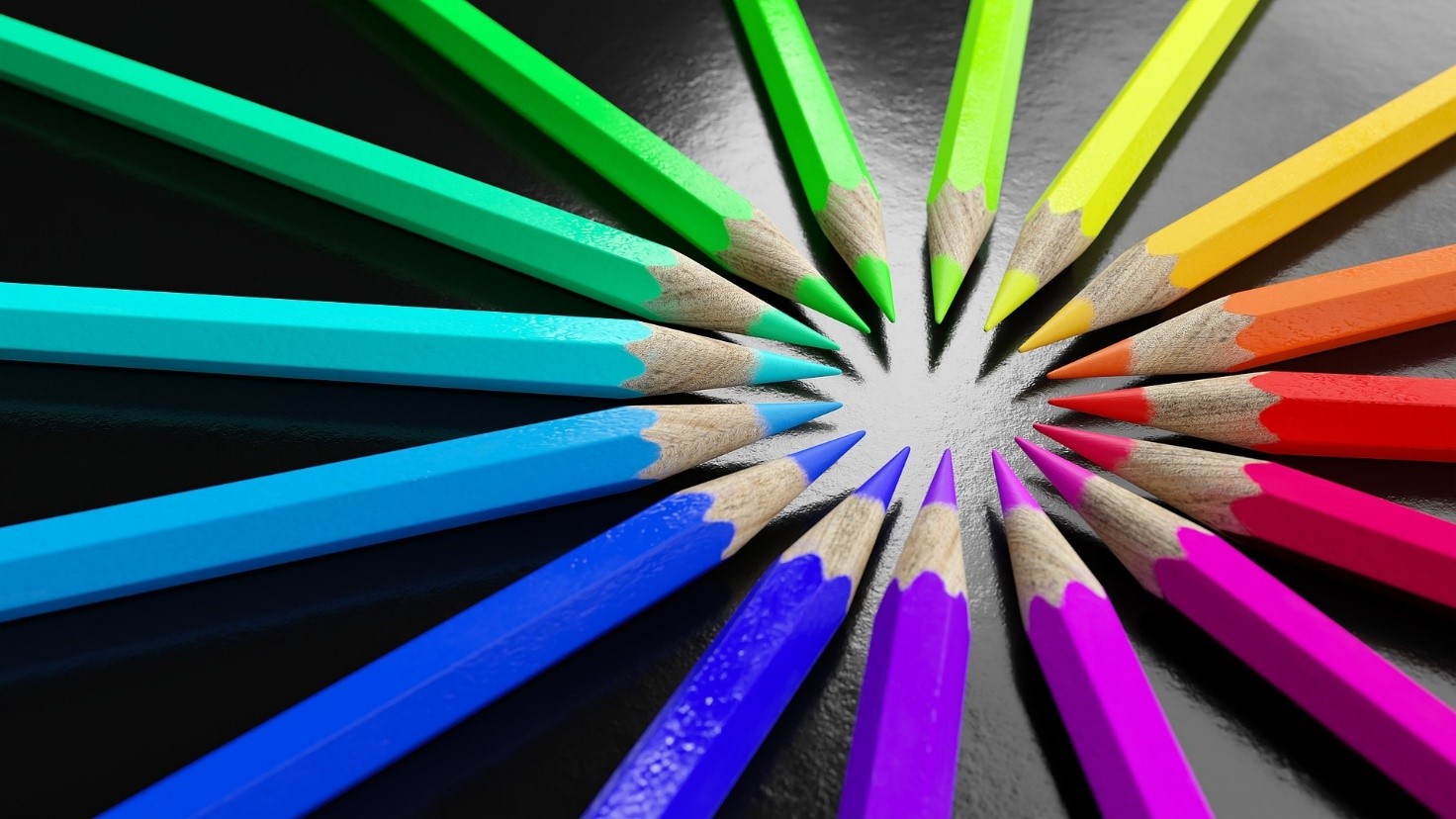
In the beginning of January, we started our first DigiReactor coaching set with 16 talented participants. The aim in this four-month coaching is to learn new skills for digital product development– and to do it together, as a community. As we are now in the half way of the set, it’s time for a small self-reflection. What have we learned so far?
We were really happy that we managed to get such a mixed composition of participants. We have a group of highly competent individuals, from young to middle-aged, possessing university level knowledge on humanities, medicine, business, law, engineering, and several other fields of science together with relevant working experience. About half of the participants are Finnish by origin and half internationals, which brings in not only demographic diversity, but also the richness of different cultural backgrounds and values.
This was exactly what our DigiReactor team aimed for: to bring together people with different backgrounds and different skills to work on a joint goal, and to learn new skills for digital product development. Consciously, we aimed for diversity since key findings from science (see e.g. Chamorro-Premuzic’s article in HBR) show that diverse teams succeed in creative tasks better than homogenous ones. So, we thought that the best boosters for developing participants’ product ideas are the co-learners with varying sets of skills and experiences.
How right we were! So many good discussions have taken place during these two months. Discussions challenging traditional ways of thinking, spotting new opportunities and clarifying the ideas for digital services and products.
These first two months have also taught us mentors a lot. The importance of leadership in creative process has become apparent, which we were perhaps not able to anticipate well enough. Self-organisation of the teams was our starting point, but as we noticed it does not happen by itself. Someone has to take, or be given, the role of a leader. We have witnessed some team members spontaneously taking this role and starting to encourage other participants to actively join the creative process and enabling a sharing culture for the whole team (Anderson, Potocnik, and Zhou 2014). It is great to see that happen.
However, we cannot rely on that next year when we have the second coaching set. Then we will need be more prepared to offer some well-chosen piece of advice for the teams on how to handle these issues. This year has shown that when diversity is valuable for new insights in idea generation, it can be a challenge for managing. This can be partly because of different life situations and time constrains, or partly because of different personal characteristics and working methods.
To be able to learn this small thing made me happy today. That is the best part of being a member of DigiReactor team. It gives me an opportunity to create new ways to learn digital product development, to test them as we proceed in the coaching set and to learn new things also myself. It is really fun to do things together!
Satu Aaltonen
Project researcher
Turku School of Economics, University of Turku

